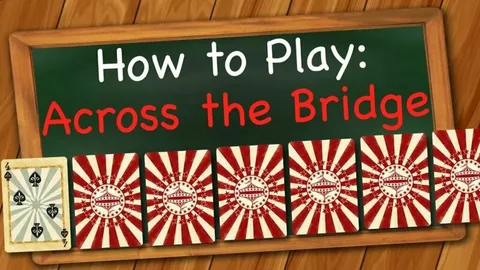Picture this: thousands of years ago, two people in Mesopotamia lean over a stone board, rolling dice carved from sheep knuckles. Centuries later, families in the Philippines gather for bingo nights at fiestas, marking cards with coins or beans. Today, the same thrill happens on screens, where players join real-time draws from across the globe.
Games, in every form, reveal who we are. They embody our need for connection, our fascination with chance, and our ability to adapt traditions to new technologies. Click here
Online Entertainment Trends: A Global Table
One of the most significant shifts in entertainment is the move from physical gatherings to digital ones. Games no longer require shared geography. Instead, they create shared moments. A grandmother in Davao and a young worker in Dubai can now experience the same bingo draw, laughing and cheering together despite oceans between them. Nustar games
Platforms like BingoPlus demonstrate how digital play extends cultural traditions. It’s not about replacing the past but preserving its essence—community, suspense, and joy—in a form that fits today’s lifestyle.
Gambling and the Law: The Constant Negotiation
History shows that every society has had to balance play with regulation. Ancient Rome restricted dice games, though soldiers played anyway. European monarchs banned certain gambling activities when unrest threatened but encouraged lotteries to raise funds.
The Philippines continues this dialogue. Pagcor casinos decision to license online bingo in 2022 acknowledged that the game had already moved online. Legal recognition ensured safety, accountability, and cultural continuity. Just as in the past, the law didn’t erase games—it adapted to them.
The Science of Play: Why We Crave Uncertainty
Why do people keep playing games that rely on chance? Neuroscience provides an answer: the human brain thrives on unpredictability. Each uncertain outcome triggers dopamine release, creating excitement long before results are known.
Psychology goes further, showing that games are social anchors. They give us rituals, laughter, and shared anticipation. Even online, these effects remain powerful—a chatroom buzzing with excitement mimics the cheers of a neighborhood hall.
Rewards That Honor Participation
Traditional bingo nights celebrated more than the winners. The act of joining in—laughing, shouting, and hoping together—was its own reward. People left feeling like part of something bigger, prize or no prize.
Digital systems like BingoPlus Rewards carry this spirit forward. They recognize consistency and engagement, ensuring that players feel valued not just for winning but for being part of the journey.
Games as Carriers of Culture
Games are not trivial—they are cultural artifacts. Archaeologists uncover dice and boards because play mattered to ancient societies. These objects reveal how people viewed chance, fortune, and community.
In the Philippines, bingo has long been part of fiestas, fundraisers, and family gatherings. Its move online does not erase this heritage. Instead, it ensures that the cultural thread continues, connecting generations through familiar rituals in modern spaces.
Looking Forward: Innovation Without Losing Roots
The future of games will likely involve virtual reality halls, AI personalization, and immersive global communities. Yet history suggests the fundamentals will remain unchanged. Games will still balance law and leisure, suspense and joy, tradition and innovation.
From bone dice to digital draws, play reveals a timeless truth: we are a species that thrives on suspense, cherishes community, and preserves culture through entertainment.
For more reflections on how play continues to shape society, Click here to explore further.



